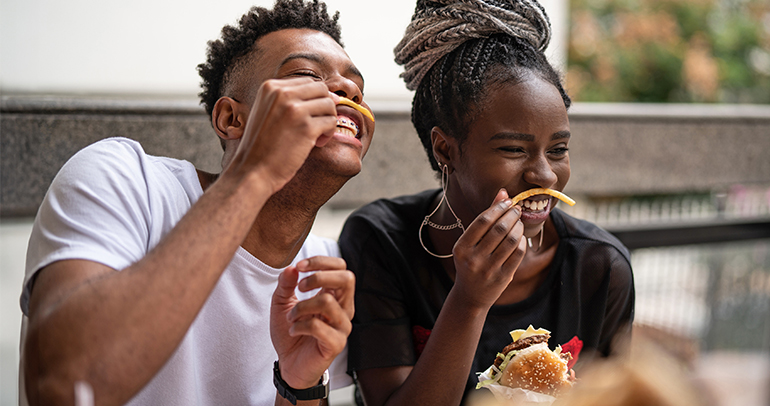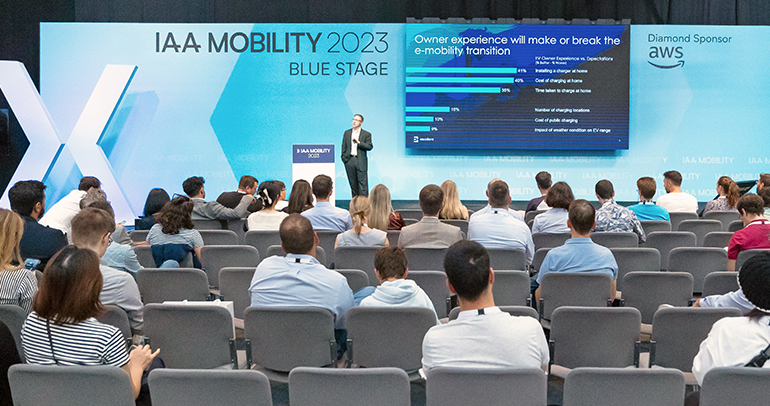
Big Tech is under fire. Be it Amazon, Apple, Facebook, or Google; Capitol Hill has been raking Big Tech over the coals for everything from personal data mishandling to threatening to upend world currency markets. (See NYT, July 16, 2019). Antitrust is in the air. Lawmakers are increasingly concerned that the titans of Silicon Valley have turned into The Titanic.
Too big. Too arrogant. Too reckless. They say it could sink us all.
And US consumers are just as suspicious as their lawmakers. An Escalent survey of 1,069 consumers revealed that two-thirds of Americans think large companies have too much control over their personal data, while 75% say those companies aren’t doing enough to protect their data and privacy.
Consumer trust in big tech brands is being tested in unprecedented ways. Yes, Millennials are still busy deleting Facebook, but it’s not just social media brands that are being eyed suspiciously. A recent study from Escalent shows that due to concerns about security and data privacy, over half (52%) of Millennials have changed the way they use apps or online platforms during the past year.
Regardless of whether your brand has been deemed untrustworthy by Washington, a great wave of consumer mistrust is building over technology, ecommerce, and just about any brand that lives and transacts online. The thing about trust is that once it’s lost, it can take years to win back, if ever. However, Escalent has found a correlation between trust and perceived authenticity that could help brands endure a trust crisis.
How Brand Authenticity Can Give Brands a Bump
What makes a brand authentic? That they say what they’re really thinking? That they and their customers have shared values? That they stay true to who they are? Escalent dove into these questions with consumers for a handful of tech brands.
Our research suggests that a brand perceived as ‘saying what it thinks,’ ‘having the same values as its customers,’ and ‘staying true to itself’ are all core components to brand authenticity. However, the trait most highly predictive of a brand being authentic is staying true to who they are. This implies that a brand has also done a good job of defining and communicating who they are to their customers.
Regarding the most authentic tech brand in our study, nearly three-fourths say Apple’ stays true to who they are,’ and 59% say they trust Apple. Even among people who don’t use Apple products, nearly half say Apple’ stays true to who they are.’ Then there’s Facebook. The company has been in hot water for some time, due in part to the Cambridge Analytica debacle and the constant news cycle about behavior regulation in its groups. Not surprisingly, Facebook doesn’t fare well in our authenticity study: only a third of US consumers who use Facebook say they find it authentic, and only slightly more say they trust the brand. Among people who do not use Facebook, results are grim: less than 30% say Facebook’s values match their own, and only 5% trust the social media giant. Facebook-owned Instagram fares a bit better; almost half say they trust Instagram and find it authentic.
For any brand, authenticity is vital to long-term brand building. But for Big Tech in the era of creeping mistrust, perceived authenticity could be just what a brand needs to help it weather the storm. How? Our research shows that over half of consumers who feel that a brand lacks authenticity are also more likely to support government intervention to break up the company.
In other words, a lack of brand trust is connected to sentiment favoring antitrust action. On the other hand, for a brand like Apple with strong trust and perceived authenticity, it’s more likely that Apple will be seen as unfairly targeted for break up. Consumers are more likely to agree that politicians and the media should leave Apple alone.
When we look at the significant ‘trust bump’ Apple has over Facebook, it’s only fair to factor in some of the clear differences between these brands. Apple has a legacy, born in 1976, versus 2004 for Facebook (and Facebook’s exact origins have been disputed). In the minds of many consumers, Apple makes things — highly designed products — whereas Facebook’s business model is built around the exchange of data. (This is not to say that Apple isn’t a data titan, but consumer perception differs.)
Another difference: while the Apple origin story is the classic ‘two guys in a garage make history’ narrative, Facebook’s origin — at least in the public imagination — includes shades of trickery and blind ambition. Unfair? Maybe. The Social Network movie didn’t help. But unlike Facebook, Apple has spent decades building a brand. Decades of staying true to who they are, in every conceivable brand interaction, from communication to design to retail experience and packaging.
Our prediction? All this ‘staying true’ adds up to that critical armor a brand can use when a cloud of suspicion looms over their entire industry. In an age of unprecedented mistrust, brand authenticity, plus a hefty supply of ‘irrational preference’ could be the vital ‘trust bump’ that a brand needs.
Do your customers think you’re authentic? That you stay true to who you are? We can help you find out.








